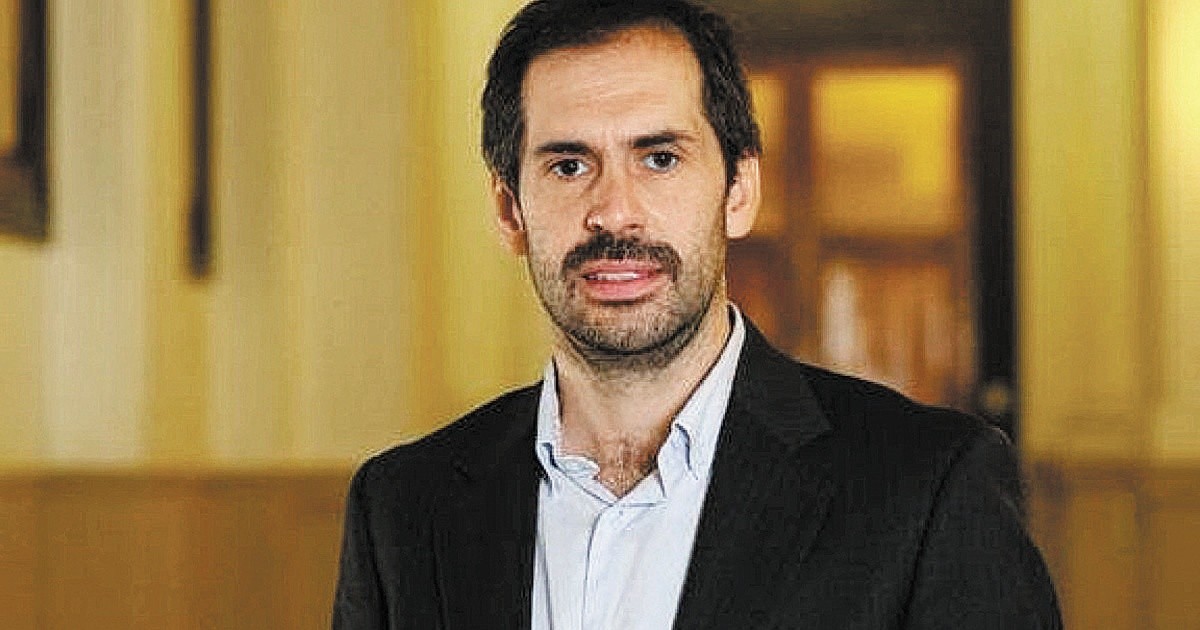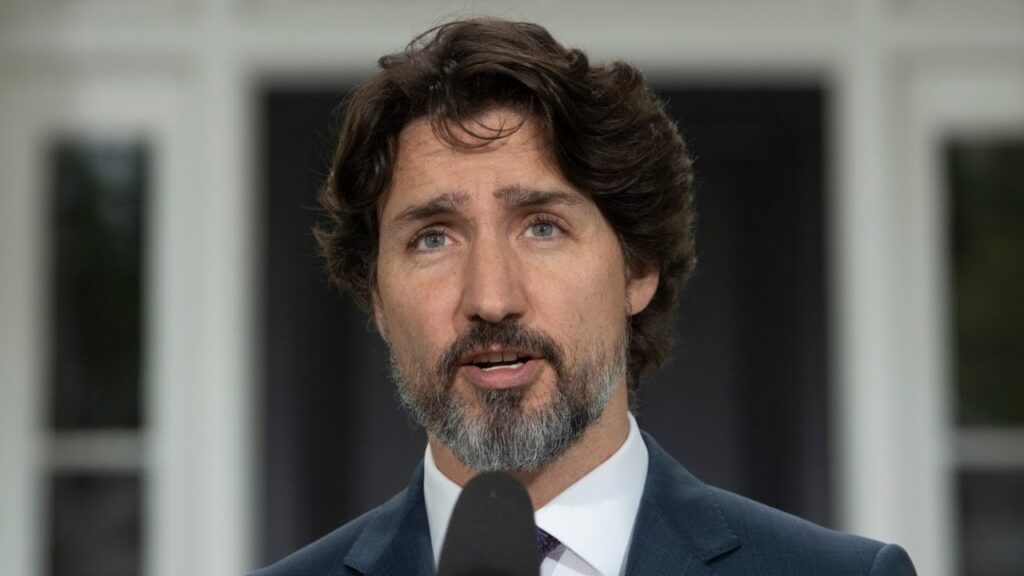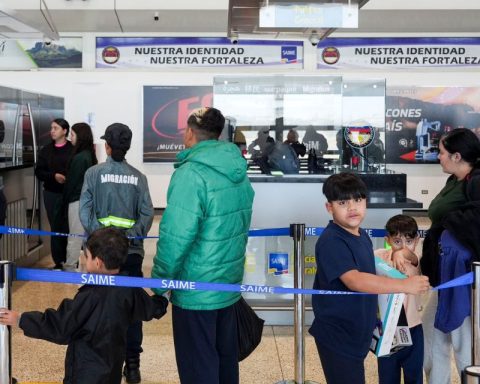The authorities of the Ministry of Economy – led by the head of the portfolio, Nicolás Grau, and the undersecretary Javiera Petersen – and the Micro, Small and Medium Enterprises (MiPyme) unions met in Chile for almost five hours until they reached an agreement on the support that will be given to the firms so that they can pay a higher minimum wage, which will go up a first step in May, and that in August will reach 400,000 Chilean pesos (466 dollars).
Petersen began to read the agreement, which establishes a base subsidy for MiPymes of 22,000 Chilean pesos (26 dollars) per worker who earned the minimum before May. The same contribution will be delivered between May and April 2023 if in January the minimum wage remains at 400,000 Chilean pesos.
But, if it is adjusted to 410,000 pesos ($478) in January 2023 – which would happen if inflation exceeds 7% – the subsidy will rise to 32,000 Chilean pesos ($37), and the details will be specified in an annex.
The previous proposal proposed that the companies take charge of the increase equivalent to inflation, and that the government subsidize the “real rise”, that is, on the CPI.
The minister recognized that the fact that the subsidy is stable and does not depend on the inflation of each month was accepted in pursuit of greater stability for MiPymes. And he clarified that if a company hires workers when the benefit is already in effect, the subsidy will increase proportionally to the number of people they hired. He explained that the total amount of the initiative will also be higher, but that its fiscal cost will be specified in the bill that will enter Congress tomorrow. Both the increase in the minimum wage and the subsidy for MiPymes will enter as the same bill. What is maintained from the original plan is that the Treasury will be in charge of paying the contribution.
Another key point for the unions was that long-term concerns were included in the agreement, which will begin to be addressed on Friday in the SME Advisory Council. There, topics such as the reduction of working hours, the modification of the 30-day Payment Law, the reform of the Public Procurement Law, and the measures announced in the “Chile Supports” plan will be addressed. The government also promised to study refinancing alternatives for the Fogape acquired in a pandemic.
Minister Grau stressed that “the result of this subsidy that we are making for MSMEs is not only a good agreement by those who make it up, but also that the design is now better.” He stressed that “when you talk with those who are in charge of undertakings, with those who are there, public policy improves,” adding that “having a government that has social participation is not a cosmetic issue.”

















